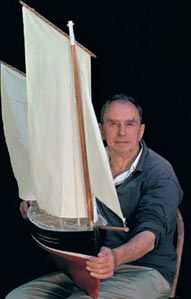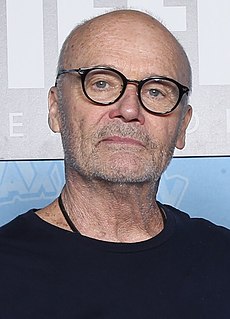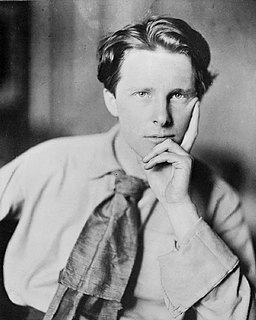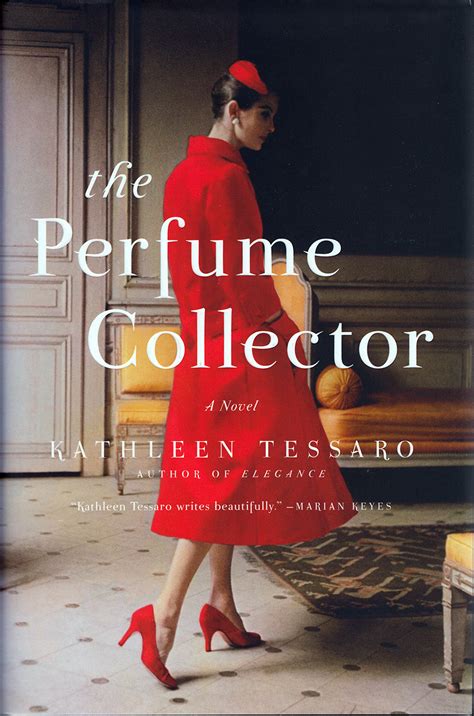A Quote by May Sarton
I’m only able to write poetry, for the most part, when I have a Muse, a woman who focuses the world for me.
Related Quotes
I am imbued with the notion that a Muse is necessarily a dead woman, inaccessible or absent; that a poetic structure - like the canon, which is only a hole surrounded by steel - can be based only on what one does not have; and that ultimately one can write only to fill a void or at the least to situate, in relation to the most lucid part of ourselves, the place where this incommensurable abyss yawns within us.
I believe it's impossible to write good poetry without reading. Reading poetry goes straight to my psyche and makes me want to write. I meet the muse in the poems of others and invite her to my poems. I see over and over again, in different ways, what is possible, how the perimeters of poetry are expanding and making way for new forms.
Really, whatever I was seeking and looking into in those days like creative arts, chant, the muse being in touch with the muse for poetry and writing and music. It's all part of the spirit and if we look particularly at Hinduism and Buddhism, the tantric stream of those traditions totally embraces all aspects of human life and life on this world.
I've never been able to write poetry without having vast tracts of dead time. Poetry requires a certain kind of disciplined indolence that the world, including many prose writers, doesn't recognize as discipline. It is, though. It's the discipline to endure hours that you refuse to fill with anything but the possibility of poetry, though you may in fact not be able to write a word of it just then, and though it may be playing practical havoc with your life. It's the discipline of preparedness.
I don't know that I had a sense that there was such a thing as "the poetry world" in the 1960s and early 70s. Maybe poets did, but for me as an onlooker and reader of poetry, poetry felt like it was part of a larger literary world. I mean, even the phrase "the poetry world" reflects a sort of balkanization of American literary and artistic life that has to some extent happened since then.
Most people assume that a muse is a creature of perfect beauty, poise and grace. Like the creatures from Greek mythology. They're wrong. In fact, there should be a marked absence of perfection in a muse--a gaping hole between what she is and what she might be. The ideal muse is a woman whose rough edges and contradictions drive you to fill in the blanks of her character. She is the irritant to your creativity. A remarkable possibility, waiting to be formed.






































